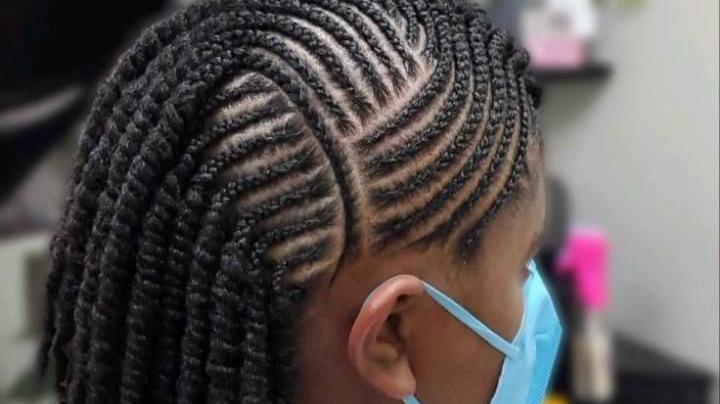African hair is rich in diversity and has a long history of beautiful and intricate styles that are a prominent reflection of African culture. These hairstyles, rooted in tradition, history, and personal expression, have not only served as a means of ornamentation but also as a way to showcase pride and identity within African communities. In this article, we explore the significance and evolution of African hairstyles, highlighting their cultural importance and influence on global fashion trends.
1. Historical Background:
African hairstyles hold a profound historical significance, dating back thousands of years. Tribes such as the Maasai, Yoruba, Zulu, and Himba have distinct hairstyles that signify social status, ethnic identity, and even marital status. For instance, the intricate braided hairstyles of the Maasai and Zulu people reflect their cultural practices and are worn during special ceremonies as symbols of unity and strength.
2. Braids, Locs, and Twists:
Braiding is one of the most celebrated African hair traditions. The art of braiding includes various styles such as cornrows, box braids, Ghana braids, and Senegalese twists. This diverse range of braided hairstyles allows for creativity and self-expression. Braids not only showcase the versatility of African hair but also serve as a protective style that promotes hair growth and minimizes breakage.
Similarly, dreadlocks (locs) are another iconic African hairstyle that has gained global recognition. Locs have religious, cultural, and historical undertones and symbolize unity, spiritual connectedness, and resistance against societal norms. Notable figures such as Bob Marley and Lauryn Hill have popularized locs as a symbol of individuality and cultural pride.
3. Natural Hair Movement:
Over the years, African women have embraced their natural hair textures, embracing curls, kinks, and coils. The natural hair movement, which gained momentum in the late 2000s, promotes self-acceptance and challenges the long-held beauty standards that favored Eurocentric hairstyles. Today, women of African descent proudly wear their natural hair, exploring different styles such as afros, twist-outs, bantu knots, and wash-and-go looks. This movement has empowered individuals to embrace their roots and celebrate the beauty and uniqueness of African hair.
4. Influence on Fashion and Pop Culture:
African hairstyles have transcended beyond cultural boundaries, significantly influencing the global fashion and entertainment industry. Popularized by celebrities like Lupita Nyong’o and Solange Knowles, African hairstyles have become statements of empowerment, style, and individuality worldwide. Fashion runways feature models sporting African-inspired hairstyles, showcasing the beauty of Afrocentric aesthetics. This widespread acceptance and appreciation of African hairstyles validate their historical and cultural significance, subsequently promoting inclusivity and diversity in the beauty industry.
Conclusion:
African hairstyles are more than just mere trends or fashion statements; they represent a rich cultural heritage, forms of artistic expression, and a means of self-identification. From their historical roots to their impact on modern fashion and pop culture, African hairstyles symbolize strength, resilience, and cultural pride. By embracing and appreciating these diverse hairstyles, we pay homage to the beauty of African culture and celebrate the uniqueness of every individual.
